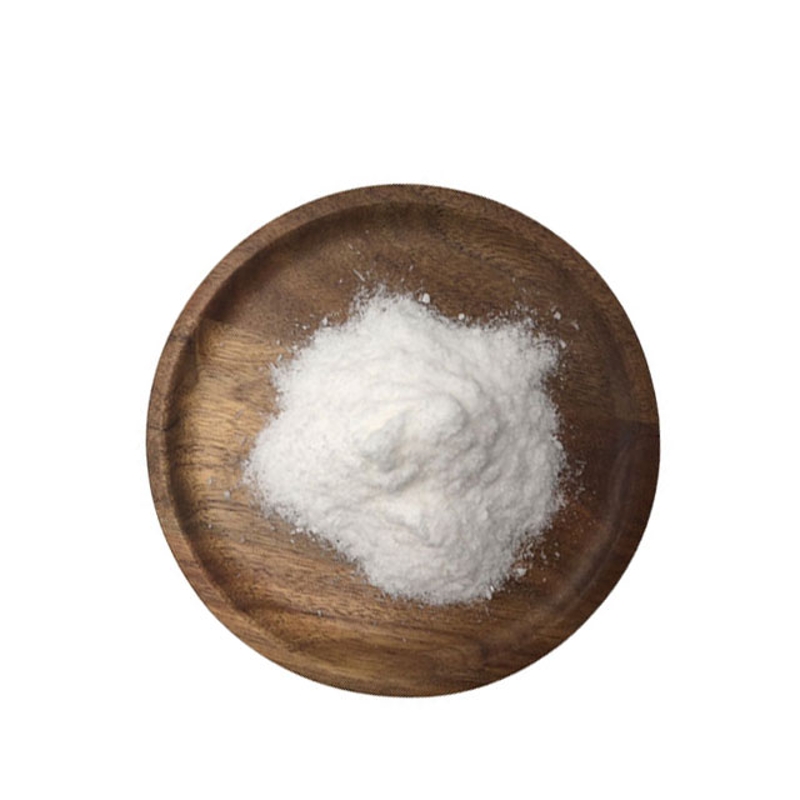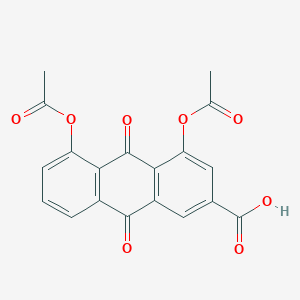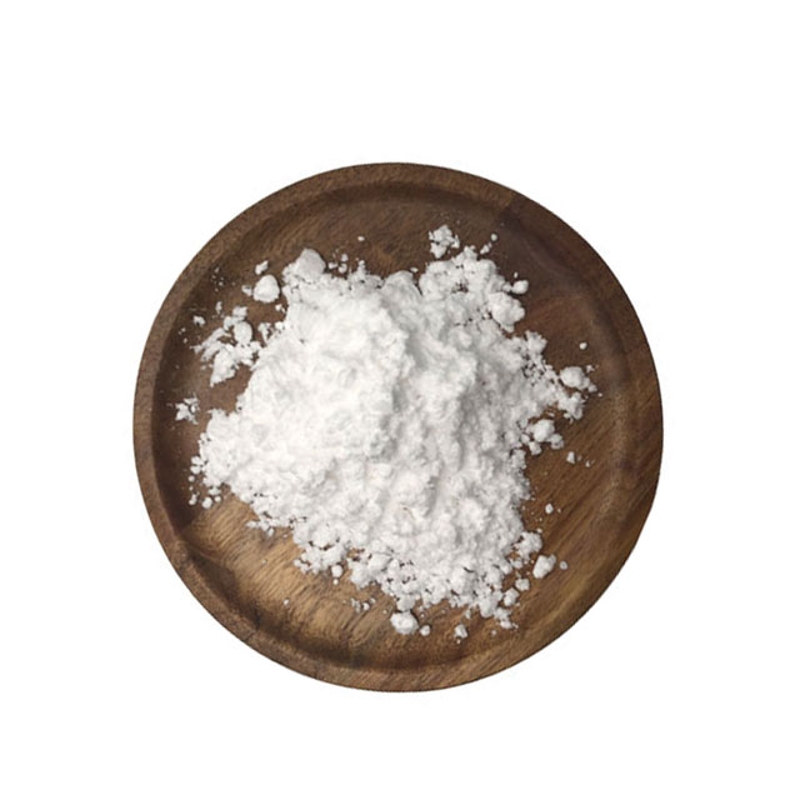-
Categories
-
Pharmaceutical Intermediates
-
Active Pharmaceutical Ingredients
-
Food Additives
- Industrial Coatings
- Agrochemicals
- Dyes and Pigments
- Surfactant
- Flavors and Fragrances
- Chemical Reagents
- Catalyst and Auxiliary
- Natural Products
- Inorganic Chemistry
-
Organic Chemistry
-
Biochemical Engineering
- Analytical Chemistry
- Cosmetic Ingredient
-
Pharmaceutical Intermediates
Promotion
ECHEMI Mall
Wholesale
Weekly Price
Exhibition
News
-
Trade Service
As we all know, pregnant women pass immunomodulatory factors to their children through the placenta and breastfeeding, helping to protect their offspring from pathogens
.
One of the basic characteristics of the immune system is that it has immune memory, which can enhance the ability to respond to re-infection
.
So, does the infection that occur in the pregnant woman affect the immune response of the fetus in the future? On August 27, the world-class academic journal "Science" published the research results of the Yasmine Belkaid research group of the National Institutes of Health titled "Prenatal maternal infection promotes tissue-specific immunity and inflammation in offspring"
.
The study shows that: prenatal maternal infection can promote tissue-specific immune and inflammatory responses in the offspring
.
DOI: 10.
1126/science.
abf3002 In order to evaluate the impact of mild maternal infection on the immunity of offspring, the researchers selected an attenuated strain of the common food-borne pathogen Yersinia pseudotuberculosis (YopM) and used it to infect pregnant women Mice
.
It was found that the infection in pregnant mice was short-lived and weak, but it could lead to an increase in Th17 cells in the intestinal tract of the offspring
.
At the same time, experiments show that this Th17 change is not caused by breastfeeding
.
Mild maternal infection induced the rise of Th17 cells in offspring.
In order to further understand the underlying mechanism of this change, the researchers analyzed the levels of cytokines and chemokines in the serum of pregnant mice infected with YopM and found that four of them were significantly enriched: Interleukin-6 (IL-6), Interferon-γ (IFN-γ), Granulocyte Colony Stimulating Factor (G-CSF) and Tumor Necrosis Factor-a (TNF-a)
.
The researchers injected the above-mentioned cytokines into pregnant mice infected with YopM.
Among them, the children born after the injection of IL-6 only have an increased resistance to YopM infection
.
At the same time, the genomic expression of these fetal mouse intestinal epithelial cells has been changed, and their intestinal physiological functions, epithelial cell development and TH cell differentiation related genes are enriched
.
Increased levels of maternal IL-6 induced an increase in pSTAT expression in fetal mouse intestinal epithelial cells.
Subsequently, the researchers further induced colitis in the offspring of pregnant mice infected with YopM or injected with IL-6 and found that these offspring were affected by dextran sodium sulfate.
(DSS)-induced colitis shows a stronger pathological response
.
Therefore, researchers believe that the increase in intestinal immunity caused by maternal infection may be at the cost of increased susceptibility to inflammatory diseases
.
Maternal IL-6 exposure improves the survival rate of offspring after infection.
In short, this study shows that short-lived, mild infections encountered during prenatal development can cause lasting changes in the intestinal epithelial stem cells of young mice, leading to changes in the activation threshold of inflammation.
And enhance the resistance of young mice to intestinal bacterial infections
.
The results of the study show that the impact of maternal infection is tissue-specific and is mainly mediated by a single cytokine IL-6
.
It is worth noting that although the fetus can use maternal infection to form a better immune cell response and have stronger immune adaptability, this change in immunity also increases the susceptibility to inflammatory diseases
.
End reference materials: [1]https://science.
sciencemag.
org/content/373/6558/eabf3002
.
One of the basic characteristics of the immune system is that it has immune memory, which can enhance the ability to respond to re-infection
.
So, does the infection that occur in the pregnant woman affect the immune response of the fetus in the future? On August 27, the world-class academic journal "Science" published the research results of the Yasmine Belkaid research group of the National Institutes of Health titled "Prenatal maternal infection promotes tissue-specific immunity and inflammation in offspring"
.
The study shows that: prenatal maternal infection can promote tissue-specific immune and inflammatory responses in the offspring
.
DOI: 10.
1126/science.
abf3002 In order to evaluate the impact of mild maternal infection on the immunity of offspring, the researchers selected an attenuated strain of the common food-borne pathogen Yersinia pseudotuberculosis (YopM) and used it to infect pregnant women Mice
.
It was found that the infection in pregnant mice was short-lived and weak, but it could lead to an increase in Th17 cells in the intestinal tract of the offspring
.
At the same time, experiments show that this Th17 change is not caused by breastfeeding
.
Mild maternal infection induced the rise of Th17 cells in offspring.
In order to further understand the underlying mechanism of this change, the researchers analyzed the levels of cytokines and chemokines in the serum of pregnant mice infected with YopM and found that four of them were significantly enriched: Interleukin-6 (IL-6), Interferon-γ (IFN-γ), Granulocyte Colony Stimulating Factor (G-CSF) and Tumor Necrosis Factor-a (TNF-a)
.
The researchers injected the above-mentioned cytokines into pregnant mice infected with YopM.
Among them, the children born after the injection of IL-6 only have an increased resistance to YopM infection
.
At the same time, the genomic expression of these fetal mouse intestinal epithelial cells has been changed, and their intestinal physiological functions, epithelial cell development and TH cell differentiation related genes are enriched
.
Increased levels of maternal IL-6 induced an increase in pSTAT expression in fetal mouse intestinal epithelial cells.
Subsequently, the researchers further induced colitis in the offspring of pregnant mice infected with YopM or injected with IL-6 and found that these offspring were affected by dextran sodium sulfate.
(DSS)-induced colitis shows a stronger pathological response
.
Therefore, researchers believe that the increase in intestinal immunity caused by maternal infection may be at the cost of increased susceptibility to inflammatory diseases
.
Maternal IL-6 exposure improves the survival rate of offspring after infection.
In short, this study shows that short-lived, mild infections encountered during prenatal development can cause lasting changes in the intestinal epithelial stem cells of young mice, leading to changes in the activation threshold of inflammation.
And enhance the resistance of young mice to intestinal bacterial infections
.
The results of the study show that the impact of maternal infection is tissue-specific and is mainly mediated by a single cytokine IL-6
.
It is worth noting that although the fetus can use maternal infection to form a better immune cell response and have stronger immune adaptability, this change in immunity also increases the susceptibility to inflammatory diseases
.
End reference materials: [1]https://science.
sciencemag.
org/content/373/6558/eabf3002







